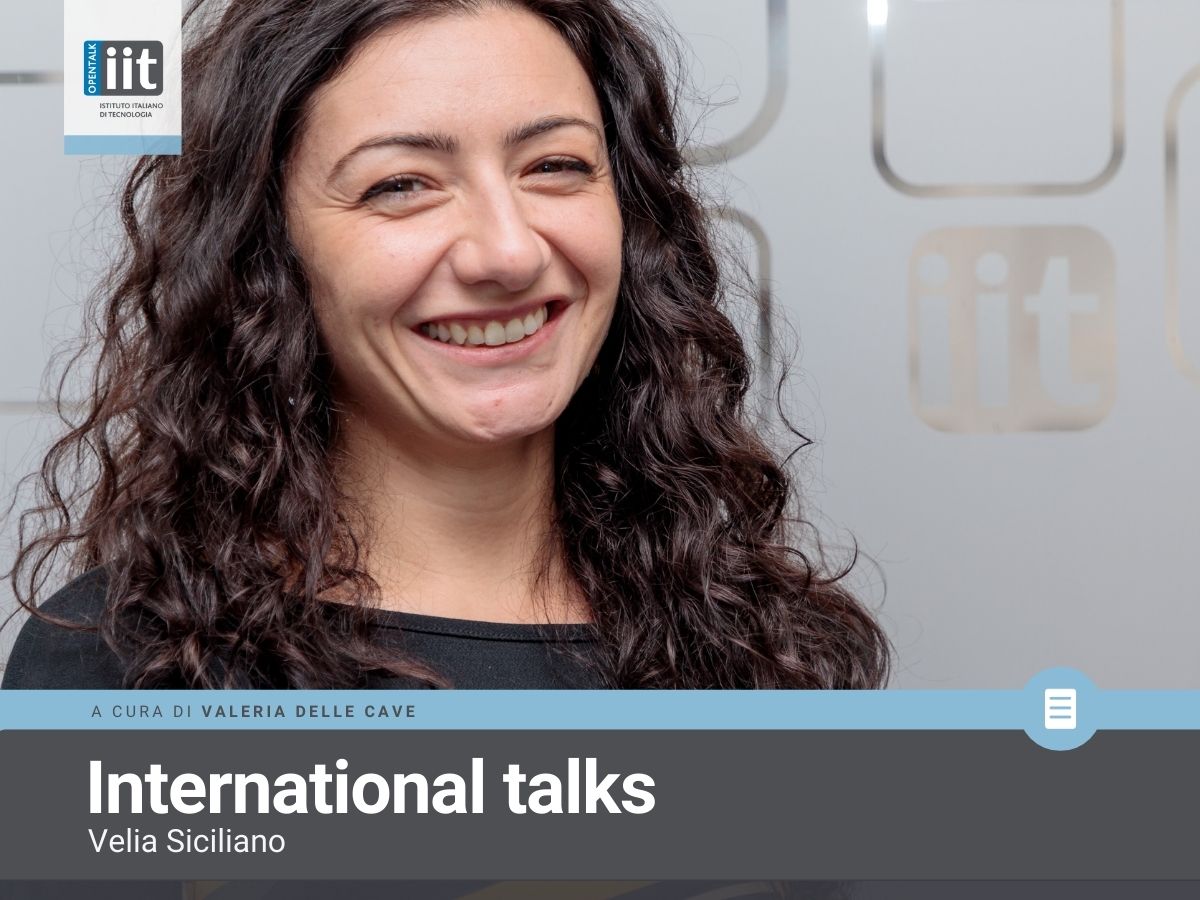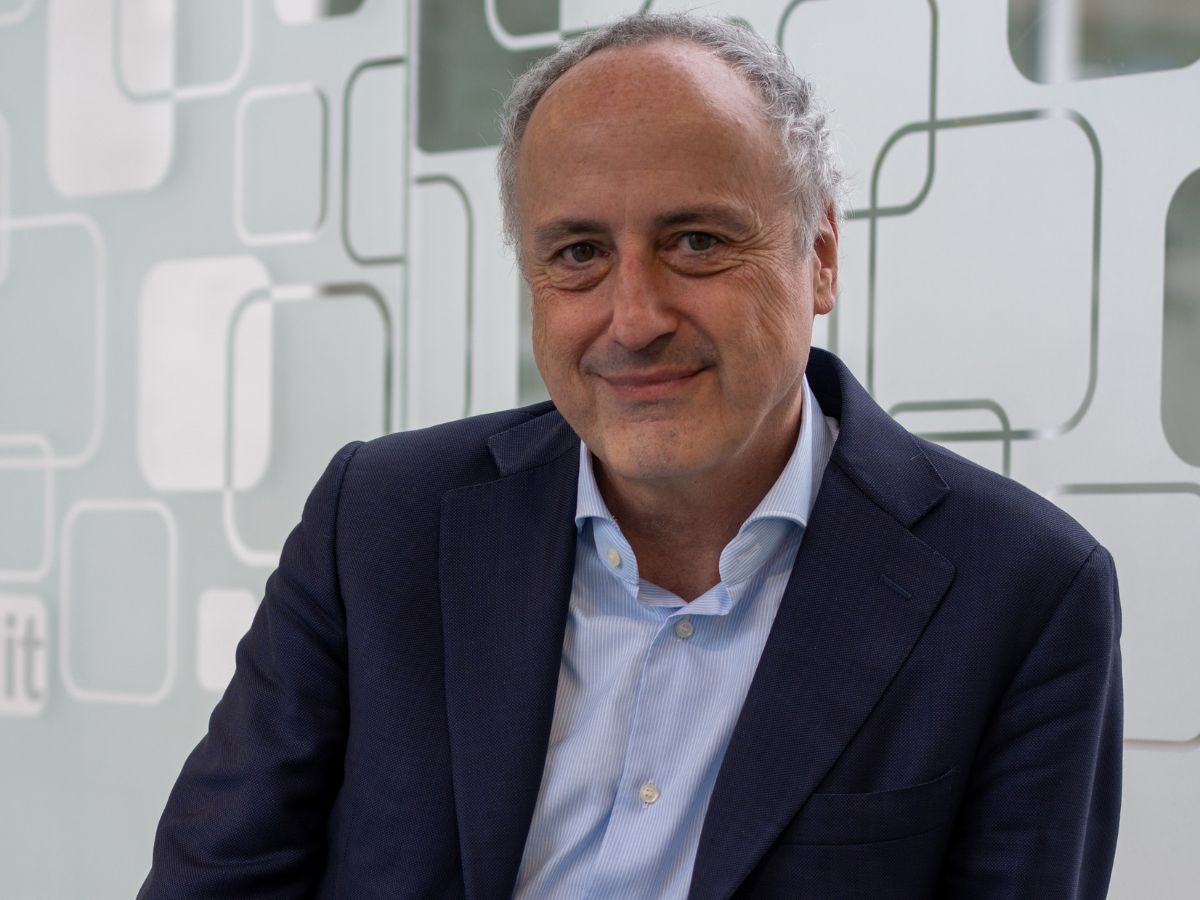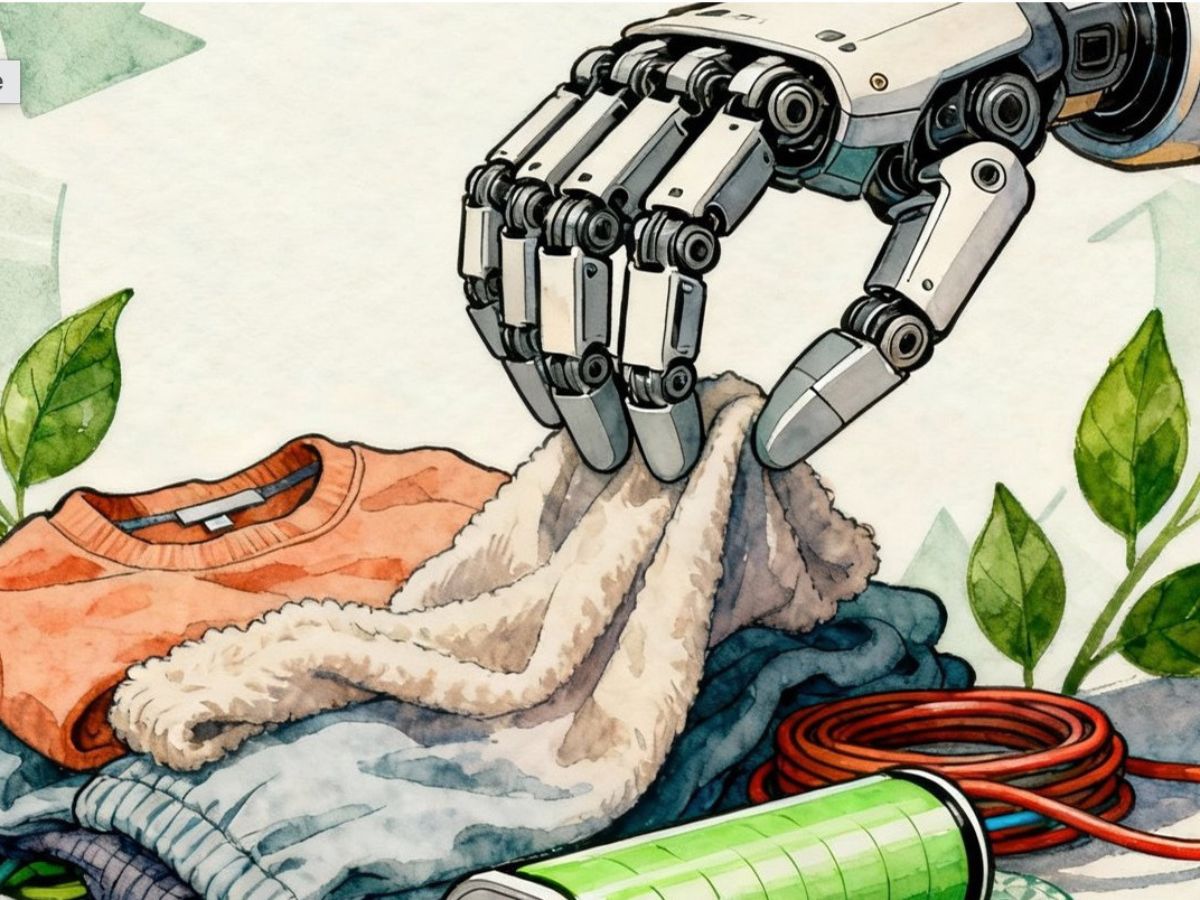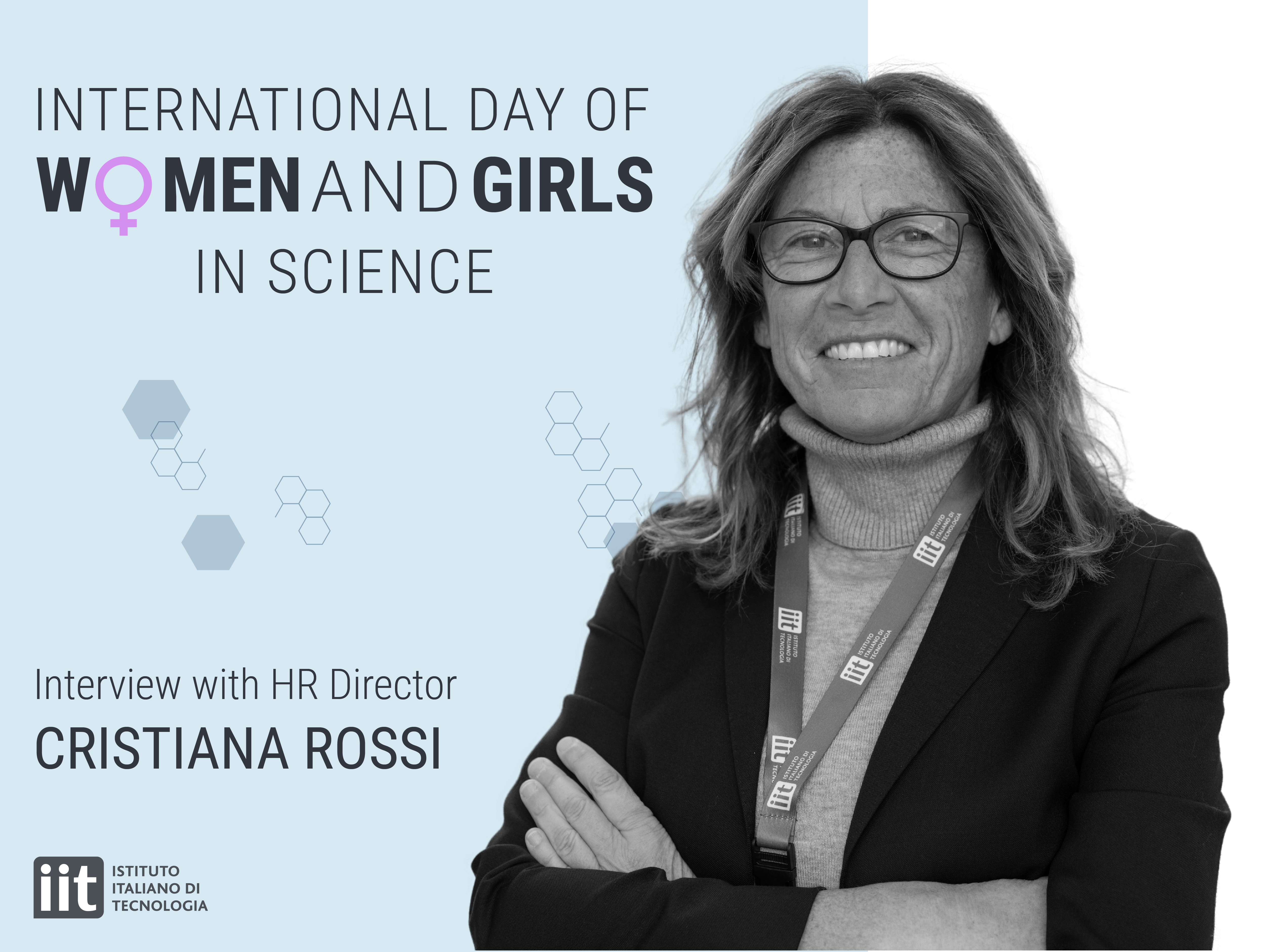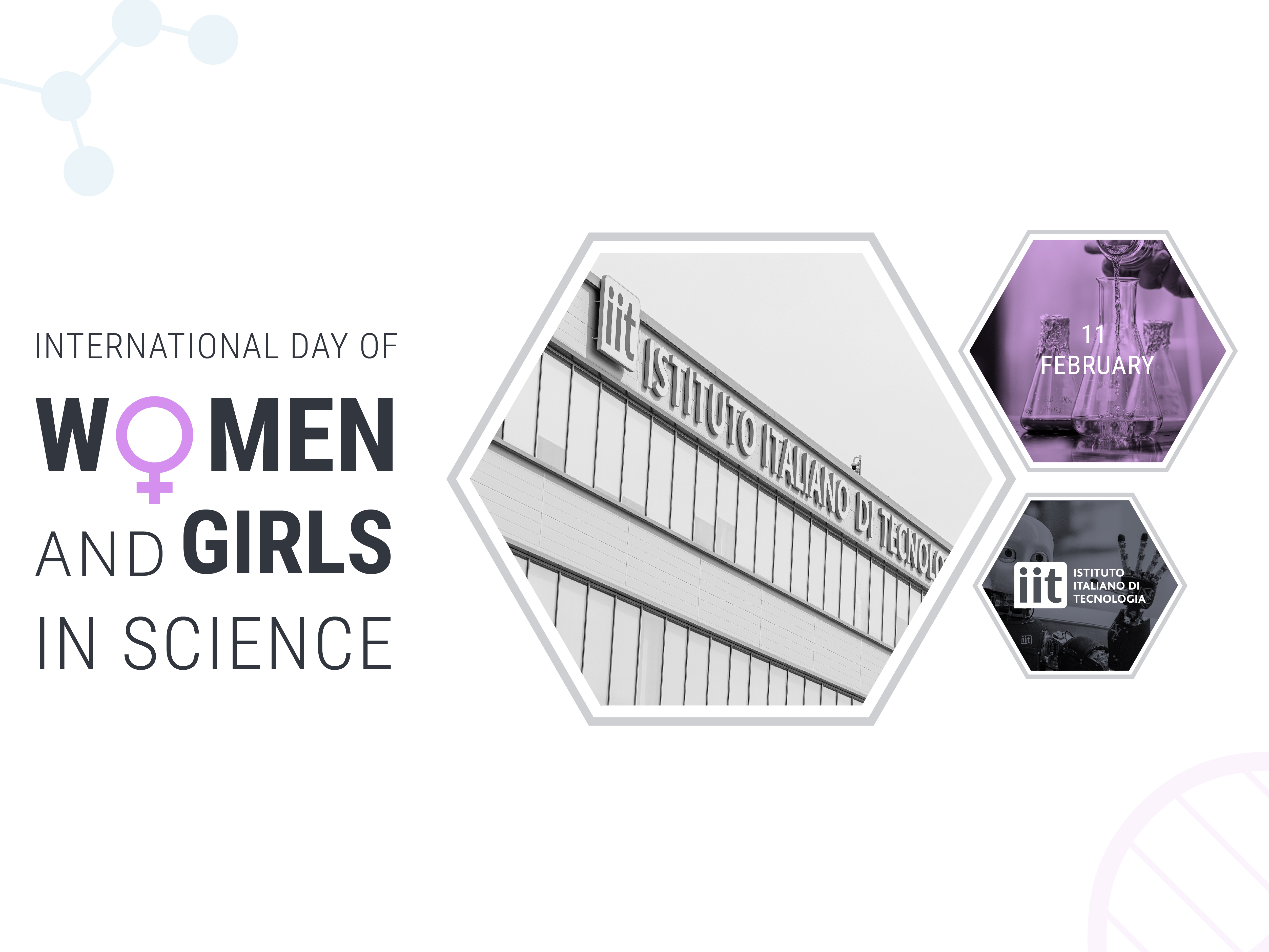The rollercoaster of feelings in science
People often ask me when I decided to be a scientist. I don’t know. What I remember is that when I was only a child, I was given a microscope as Christmas gift from my auntie, and I spent so many hours pretending to understand and report the secrets of the cigarette’s ashes of my dad, or the mysteries hidden in a leaf! Years later, I was struggling deciding what to study after high school. There were so many things I wanted to do, biomedical engineering, biology, veterinary… I could not make up my mind. Until one day during the TV news I saw images of laboratories, microscopes, tubes, flasks of cells. Everything cleared out. I wanted to be in a lab to discover, to understand. So, I chose to study medical biotechnology, at Universita’ Federico II in Naples. Upon graduation I had to face the first turning point: trying to get in the PhD program to keep working on my master thesis project, or do something completely different? I liked the lab where I graduated, I had learnt a lot and they were doing good research, but I was still exploring the word of research around me…
I ended up in the lab of a control engineer (Diego di Bernardo) at the Telethon Institute of Genetics and Medicine (Naples), working on something I had never heard about: Synthetic Biology. Now, I had just graduated, I was a newbie even in conceiving a research project, and an engineer was trying to explain to me that cells work like computers, input, output, feedback control, Boolean gates, oscillators. Long story short, I was totally confused and completely mind blown! I chose to give it a try, or to be fair, Diego and I decided to give it a try to each other, and it completely changed my life!
I was embedded in an interdisciplinary environment, surrounded by smart and dedicated colleagues. The PhD is a delicate phase, in which basically you set out your “persistence” threshold. Very often (or say most of the times) when you are in the lab there are technical problems to debug with. It happens that you don’t understand the results of your experiments and thus you are not sure whether they support or not your hypothesis. Also, trying to engineer mammalian cells and make them do what you want it’s easier to say than to do, and yet you are mesmerized by their ability to resist to perturbations you are trying to elicit. And then, there are those precious moments: the experiment that worked, the appreciation that you are scientifically growing, the conferences where you start to connect to the world of your field. All these elements play a huge role in defining what to do next. Still, failures are more frequent that success, and it all confines to your resilience (or as my mom used to say “how masochist you are”). If you still get excited by one small thing which gives you the fuel to move on, then your passion will win you…
I thought that after the PhD everything would be easier in your research. I got a postdoc position at MIT in the synthetic biology center and later as independent researcher at Imperial College London and, not so much unexpected, the roller-coaster started all over again. But then, given the previous experience you can handle it better, and still try to get the most of the research environment and of a new life experience. Today I am a principal investigator at IIT where I lead the Synthetic and Systems biology lab for Biomedicine. I got an ERC Starting grant, I am partner in an ERC-advanced grant, and my lab hosts postdoctoral fellowships awardee. My lab counts 15 members considering PhD students, fellows and postdocs.
The emotional roller-coaster? Still here. If they tell you that it will improve over time, that’s a lie. But, you grow, and you will handle it better. You will swing between increased self-confidence and the fear you won’t accomplish what you are aiming to. In my case I want to use synthetic biology approaches for improved cell-based immunotherapies. That’s the translational perspective I want to give to my research. Will I succeed? I will try my best. And as long as you try hard there will be no failure you cannot accept with a smile.

